Bryan Hamill – Circus – an Interview, by Liam Sweeny
Written by Staff on May 3, 2023
Bryan Hamill will be appearing at the art show, “The Power of Paper,” part of a First Friday Albany re-launch at Overit Media. Hat tip to our friend and contributor Amy Klemme.
—
Every once in a while, I get a chance to interview someone where I thirst for the answers on a personal level, more a need for the info than the passionate curiosity of my other interviews. So when I heard about a printing collective called Circus, and a punk DIY publisher, Pepper Spray Press, I prepared my little flip notebook to jot stuff down.
I reached out to Bryan Hamill of Pepper Spray Press, and we talk about screwing the establishment.
RRX: Bryan, I am awash in excitement over Circus and Pepper Spray Press. And there’s a lot to unpack with this, like a trunk that you know contains treasures. We’re talking about screenprinting, and DIY press in the name of Pepper Spray Press. Help us look at who you’re doing in Albany?
BH: I grew up down by the city but came up here for school in 2000 and just never left. I love this city and area, and anything I can do to help keep people here has always been a goal. In the mid-2000’s I helped start a 501(c)3 in Albany called the Capital District Federation of Ideas; I see this as a continuation of what we were doing then.
RRX: Our publication isn’t political, but it’s like the only rule we have. Everything else we groove to. And I know that Pepper Spray Press has a bead on social activism. Now we stay out of politics because don’t agree on anything politically. Neither do our writers, or the people we interview. What does The Circus and PSP offer our readers, and, well, us?
BH: I, personally, have very strong and firm beliefs about how I think the world should work, but I don’t consider either PSP or Circus to be political groups. The goal is to teach the process to empower more people to be printmakers. What they do with that power is up to them.
RRX: With what you’re doing, punk is king. And it’s a state of mind more t6han a genre preference. We are very much that. We’ve been building the plane as we’ve flown it with duct tape and bobby pins for five years. So in a way, I can ask questions and compare notes, which is cool. Would you please make the case for duct tape and bobby pins?
BH: Instead of duct tape and bobby pins, can we say painter’s tape and magnets? Cause we’ve been using quite a bit of both building Circus of late. I didn’t go to college for printing, and I never had access to a print studio, so what did I do? I bought a cheap used book on printing and built myself a press with the miniscule building skills I have. When you don’t have money, all you can count on is your brain and hands.
RRX: DIY publishing is a broad landscape. I, for one, have DBAs for two publishing companies sitting in a drawer, but I’ve seen amazing successes in indie publishers, and I’m published in a few. Punk rebels against authority, so does that mean the Big 4 publishers? And if so, how do we get around their noise machines?
BH: To me, punk has always been about not worrying what other people think. How can a revolution begin if there’s nobody around to hear about it? I think doing whatever you need to do is really what punk has always been about. If that means working in the system some time, so be it.
RRX: Not a lot of people know anything about screen printing. I’ve got friends that do it, and they get excited about it, but without the equipment, it’s hard to share the high. Can you describe screen-printing, and how it pertains to paper with respect to clothing? When is it better to screen-print than do anything else?
BH: Exactly and that’s why we want Circus in Albany – a space for people who don’t have the equipment to print themselves. Basically, you can just think about screen printing as a stencil, same as what we made as kids. All you’re doing is putting a frame around it, and using materials that will hold up long enough to do a print run. Printing on paper or clothing, is really pretty mucch the same -just building up an image, one layer at a time. And it’s extremely versatile. I’ve printed on everything from pizza boxes and totes to walls and even a train.
RRX: You’re looking to publish a lot of things in Albany, and even though we may be looking at our future competition, we’re all about it. We want a rich cultural landscape in the Capital Region. But having done the paper, I know there’s a lot more to it than just the printing. What in Albany do you think helps with the more “logistical” stuff?
BH: We want to be more than a print shop. We’re going to have a photography dark room, a backdrop and lighting for photo shoots, a PA for open mics etc. We really just want it to be a hub where artists and activists can hang and be creative. The logistics of it all is what we’re still trying to figure out. What will be the financial model? How much to charge? Do we want to be a 501 (c)3 etc? I have a full-time job, so finding the time to even just think about it all is hard to come by while building the space out.
RRX: This is where you answer the question we didn’t ask. Comments? Remarks? Educate, enlighten, emote – the floor is yours.
I’m thankful that you reached out. We haven’t started advertising yet and we already have enormous interest in the space. If anyone wants to get involved, either as a member or someone who can help run this place, please get in touch over at www.thecircusfamily.com
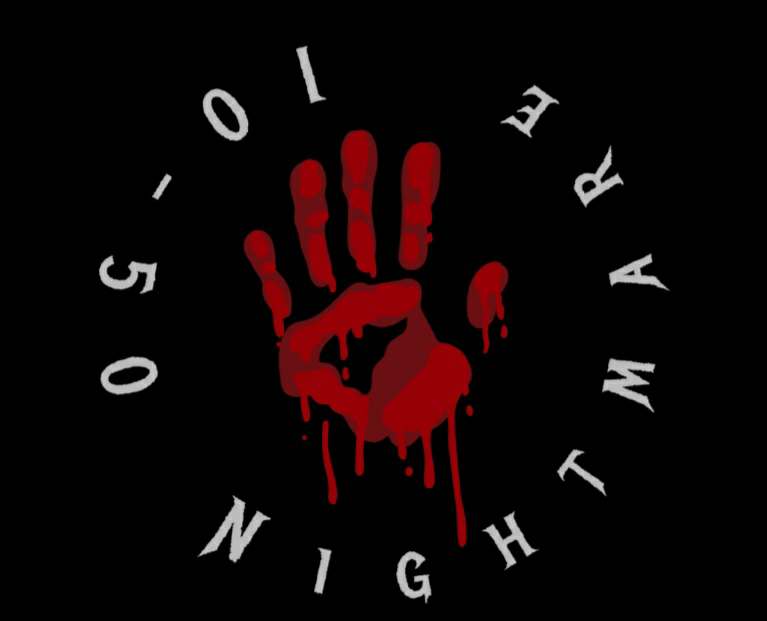
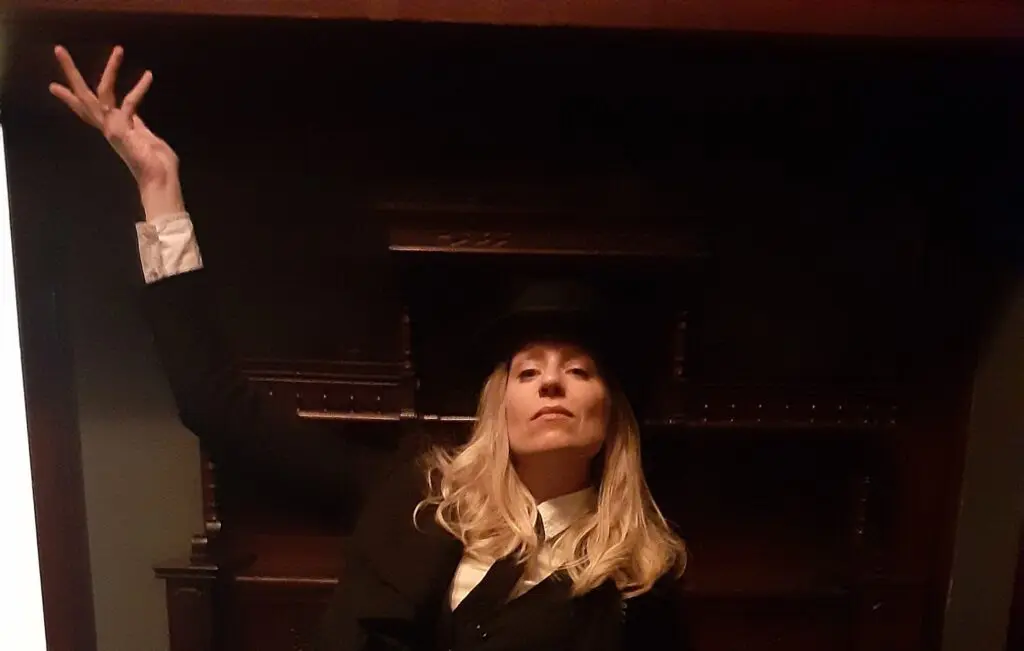
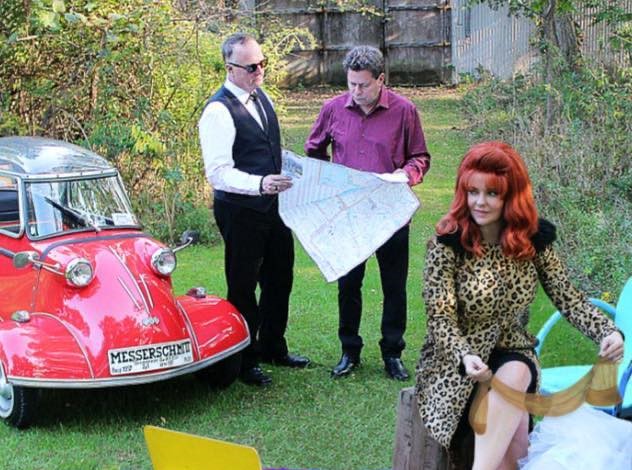
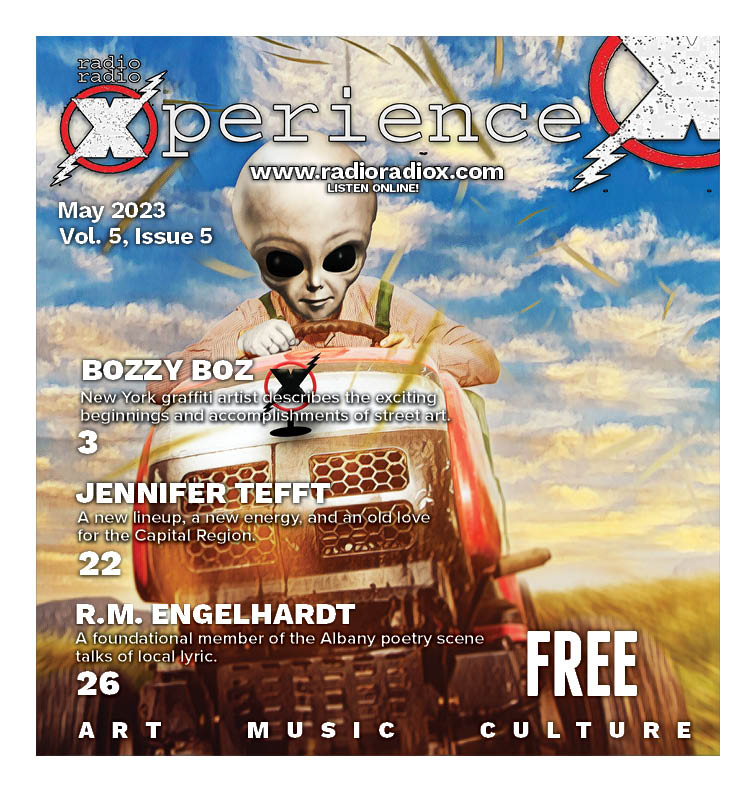
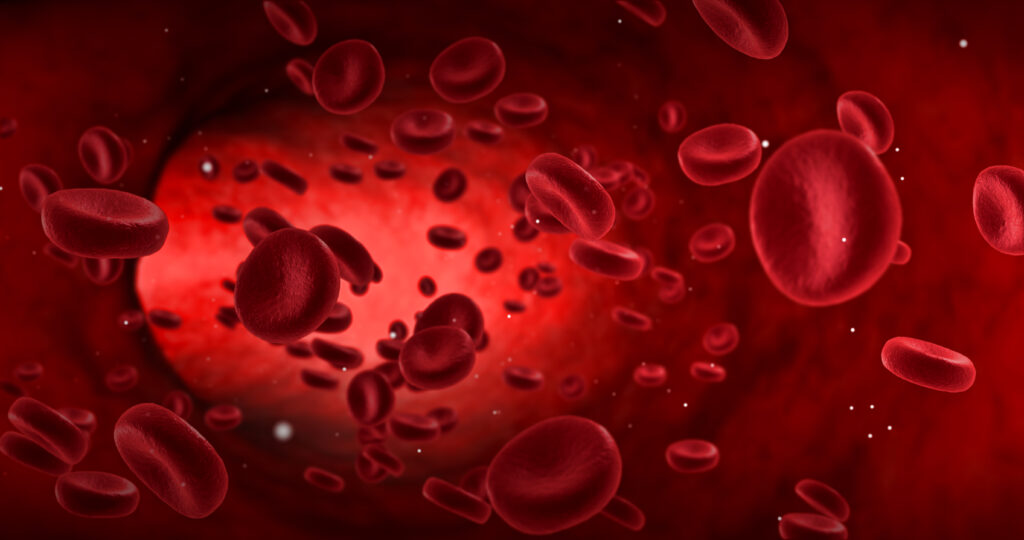
 RadioRadioX
RadioRadioX